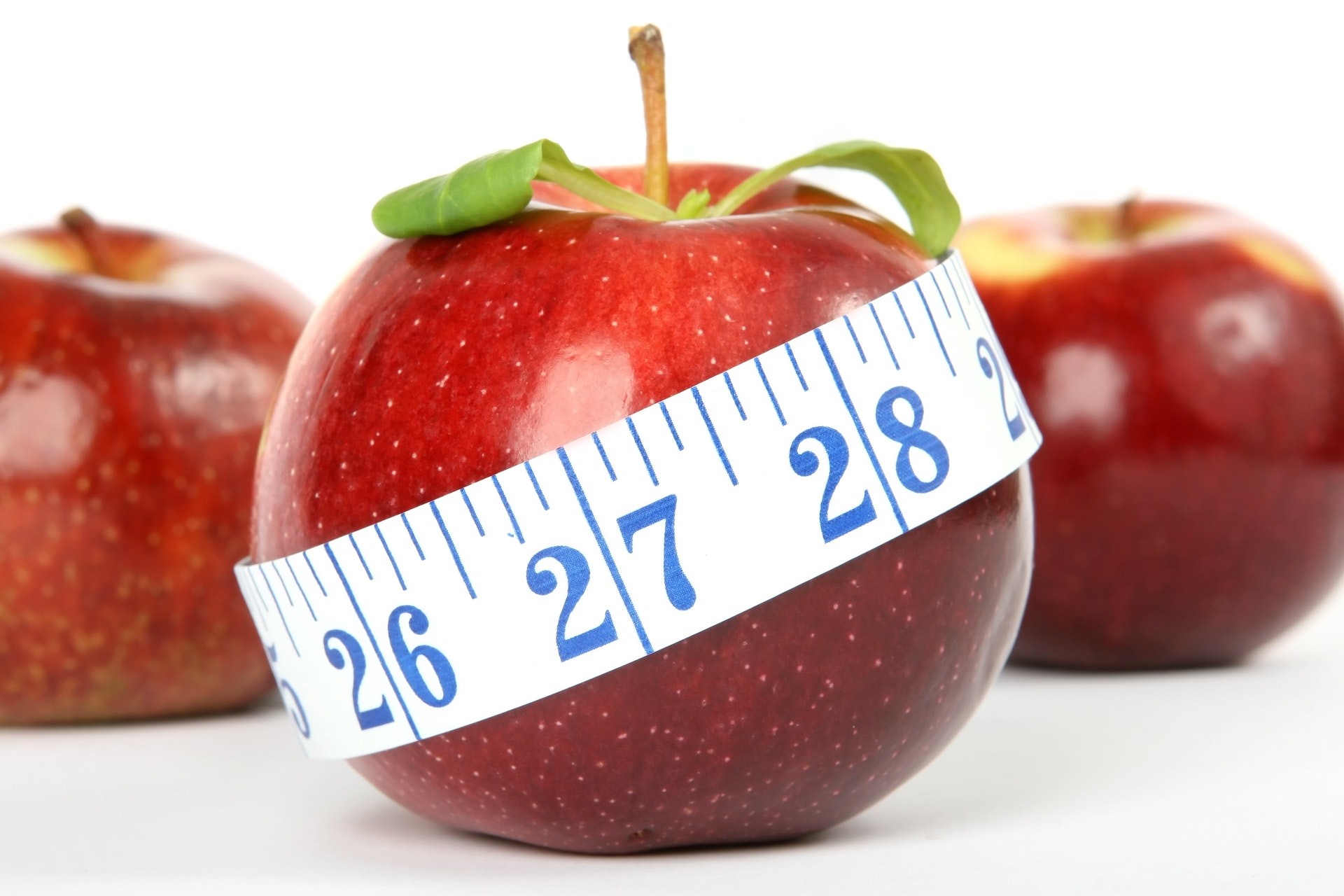When it comes to losing weight, there are many tools to consider using: including the Body Mass Index (BMI). Some see it as their gateway to getting into perfect shape, others see it as the devil incarnate. While it’s obviously a useful tool to help gauge various parts of your weight loss program, it’s important that you use context when weighing yourself and managing your body with the help of your BMI.
Why? Because put simply, your BMI does not take into account whether you are built with fat or muscle. Muscle weighs more than fat, and it’s often easy for someone who is muscle-bound to be seen on the wrong scale of the BMI platform. They then believe that they are unhealthy and need to lose weight. However, that might not be the case at all. It’s thanks to this that getting to better know your BMI – and how to use it properly for weight loss – is so important.

In this article, we’ll take a look at why your BMI can be a useful tool for weight loss, and why you need to be careful about how you use the feedback provided.
Working out your BMI
You could do the calculation yourself to work out your BMI, but you can instead use a BMI calculator. This takes out the arithmetic and instead allows you to just find out your BMI if you know your height and weight. So, a set of scales and a measuring tape and a pencil should suffice for working out your BMI.
Simply enter your details into a free BMI calculator, and you will soon be able to work out what your actual BMI is. At this point, you might wonder what the readings mean.
- Anything under 18.5 is seen as underweight – you need to put on some extra beef!
- Anything in the 18.5-25 range is seen as healthy and good for your actual height.
- Anything over 25 and into the 30 range is seen as overweight and needs work.
- Anything beyond 30 is seen as ‘obese’ and means you need to make changes – now!
If you keep that in mind, then you might think that your BMI gives you all the data that you need. If your BMI is in the 18.5-25 range then you are fine, right?
Like anything else in the weight loss world, it’s not quite so simple as this.
BMI and Body Fat
The first thing that most of us want to do when we want to lose weight is to get rid of our body fat. Well, the problem is that your BMI does not work out the location of your body fat. For example, belly fat is the worst kind of fat that you can have – it gets around the internal organs, making it harder for them to work as they should.

This means that if you want to get into good shape, you need to be able to get your BMI down and to fit into the right levels.
At that point, it pays to invest some extra time to better understand that BMI does not take into muscle-to-fat ratios. As we mentioned before, muscle-built people will potentially fall afoul of arbitrary BMI ratios. For example, legendary basketball player Michael Jordan used to be seen as ‘overweight’ according to his BMI – that was probably the first thing in his life that told him he was overweight!
Indeed, even those who have “normal” BMI ratings could be at risk of heart disease simply by carrying more body fat, while those who are obese are sometimes actually healthy purely due to muscle.
So, is my BMI useless?
Absolutely not. It’s not a great tool to use as your sole source of information, but nothing in your weight loss journey will be. You need to be able to provide extra relevance and context to everything that is said and suggested by your BMI.
Since it was invented in the 1800s, long before we had such analytical quality as we do today, the BMI has natural limitations. So long as you learn to take into account things like burning body fat or sugar for energy or whether or not you are muscle-bound or fat-bound, you can use your BMI to get some very useful information along the way.
If the BMI results are over 25, then you need to look at yourself and determine what it actually means. Someone carrying pain old belly fat while probably be getting a natural reading. If you are relatively lean but cut with muscle, then you will obviously get a less accurate reading.
Basically, you BMI is a useful outlet for learning about body composition if you use it in a healthy and safe manner, within the right context.
Why should I use my BMI, then?
For one, it’s a great analysis tool across large volumes of people. It could be used to say if body fat composition is growing across a larger group of people. Whilst some people believe that your BMI is not very useful as an individual, it gives you a good guiding point so long as you know where you stand athletically.
Seen as you are reading about weight loss in the first place, we presume you are not muscle bound. As such, you will be able to see the results much more realistically. It should give you a good idea of whether or not what you see with your eyes is the truth or not, basically.
So long as you use other solutions to try and work out what kind of weight loss targets you need to hit, your BMI makes a fine analysis tool. Don’t let it be all that you use, though, as it cannot provide you with enough information to make decisions on your behalf.
With that in mind, it’s time to consider not if you should use your BMI, but how you use it. Treat it as a useful tool, but not the be-all and end-all, and BMI can be very useful in your weight loss battle.



